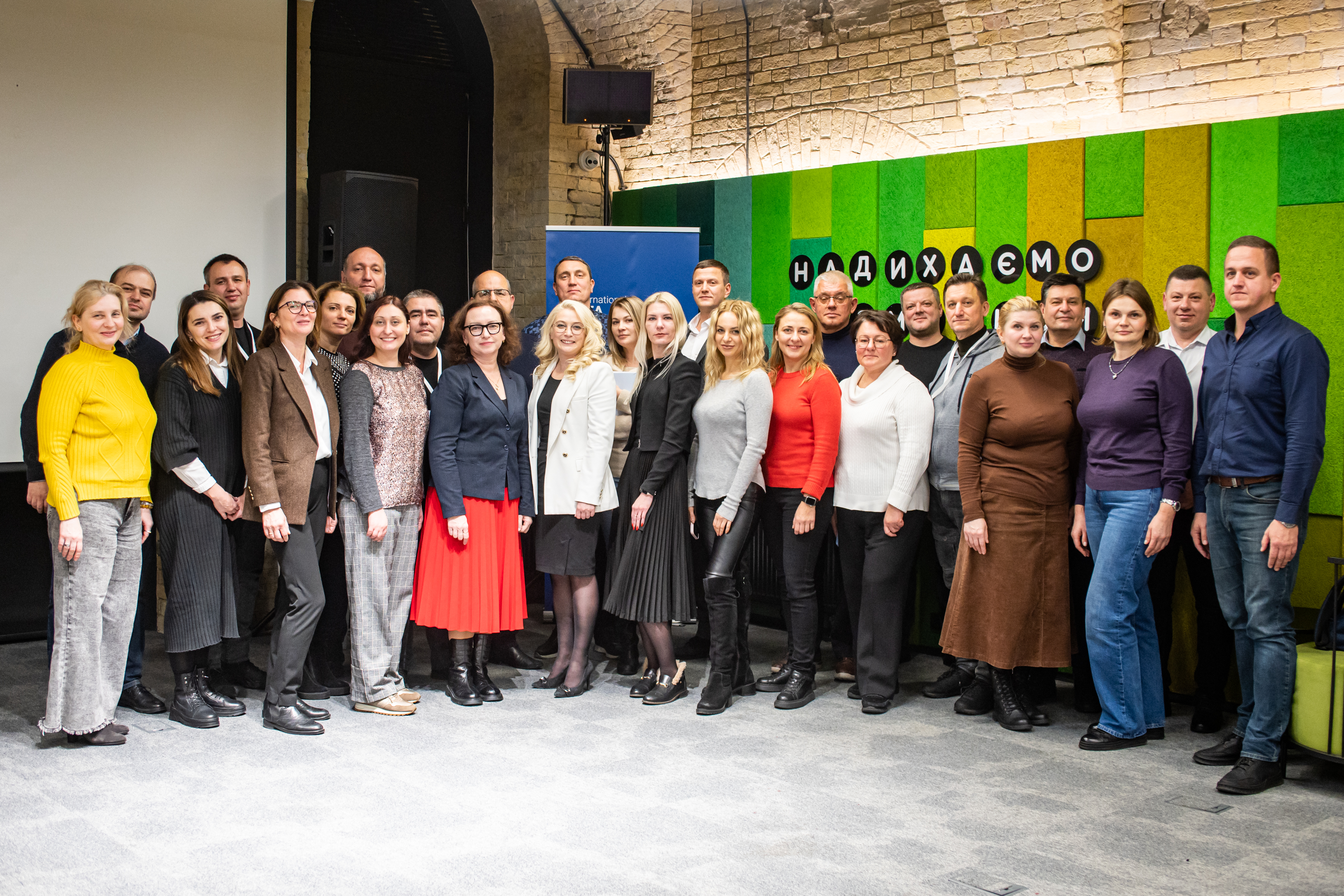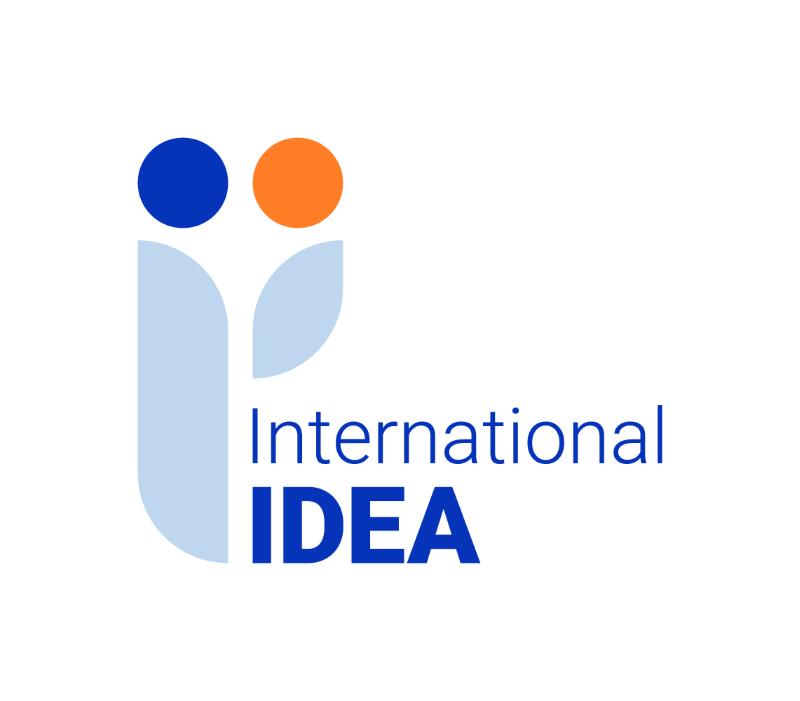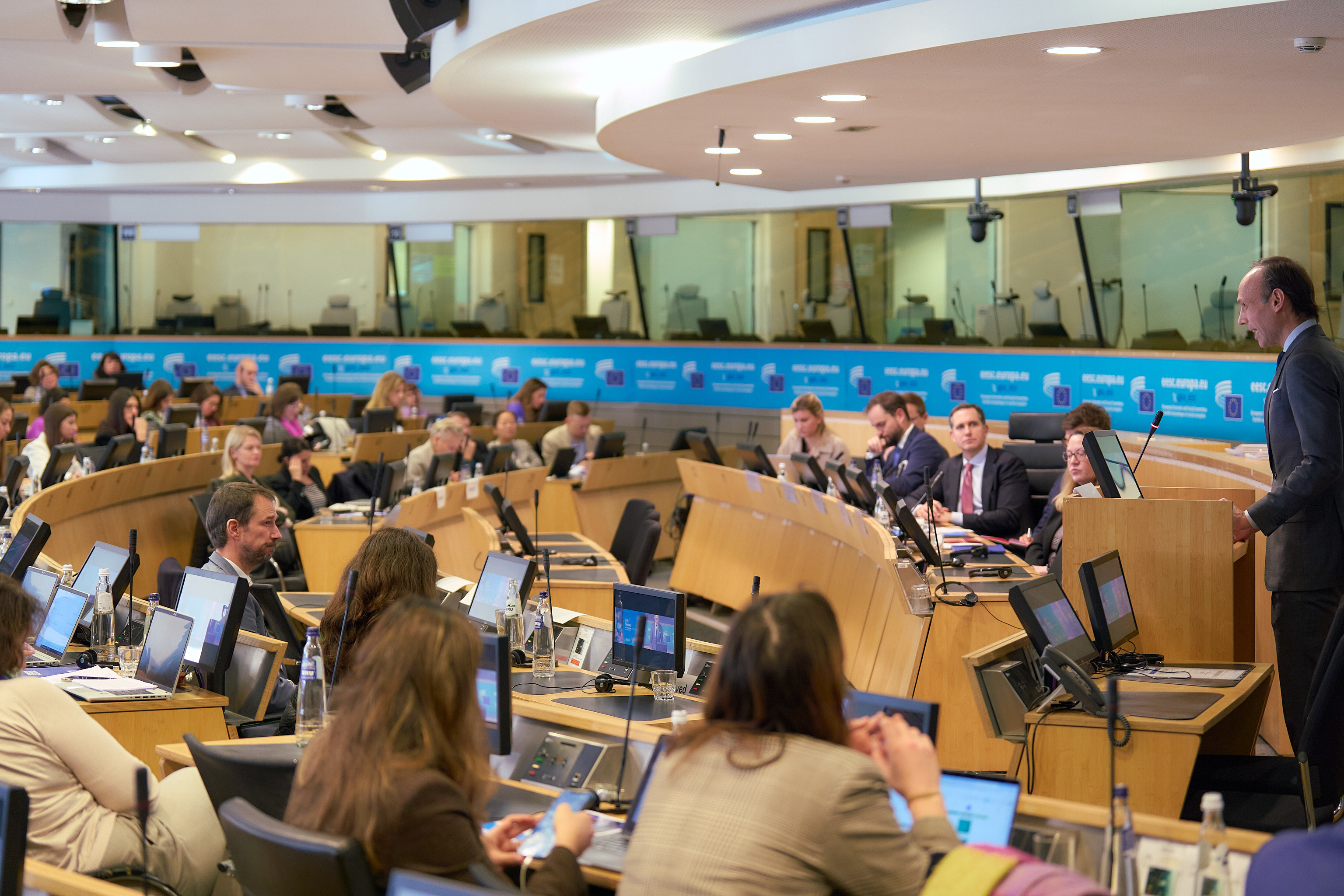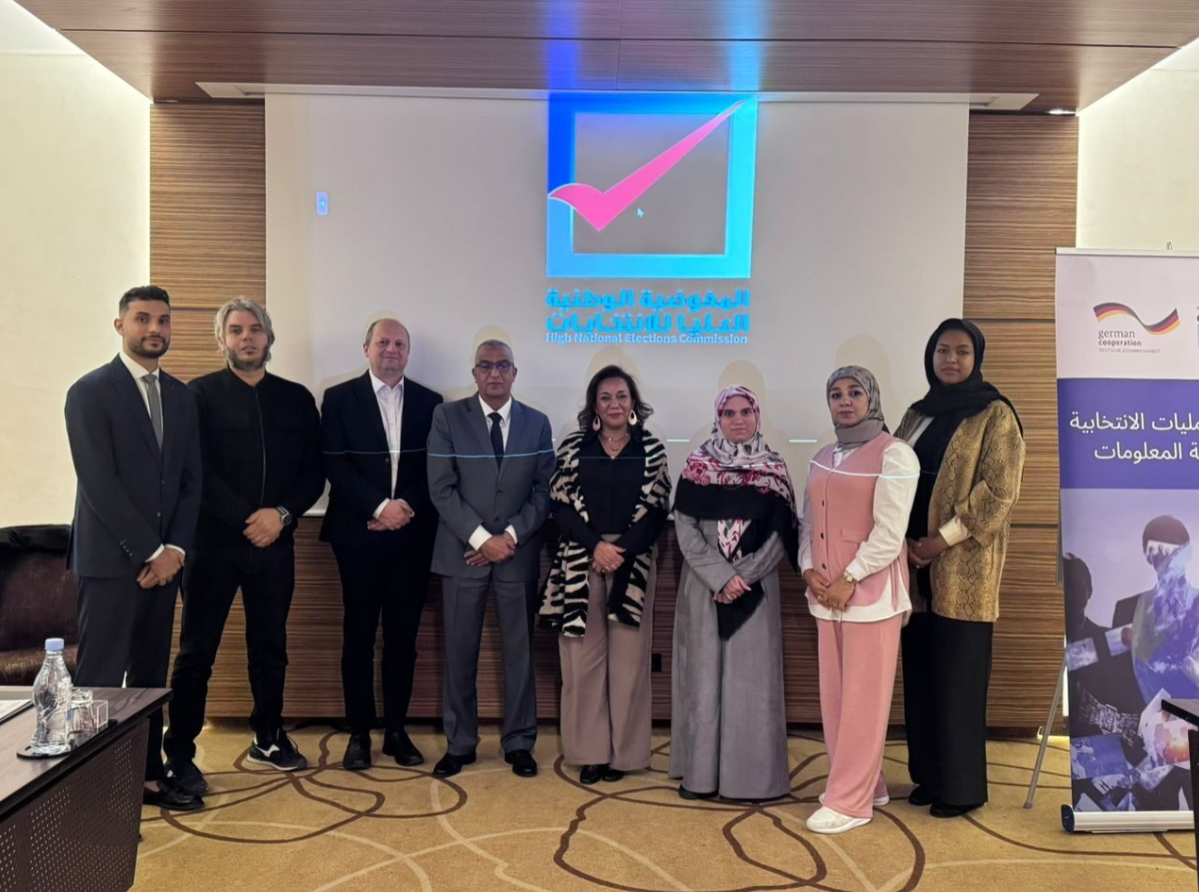
The most evident difference between the UN’s former Millennium Development Goals (MDGs) and the current Sustainable Development Goals (SDGs) is the inclusion of a goal addressing peace, justice and strong, inclusive institutions. Given that the goals were formulated through an inclusive and deliberative process, the SDGs also provide opportunities for people-centred monitoring of their progress on the national level.
On 29 June, International IDEA and the Swedish Development Forum (FUF) invited Alexandra Wilde, (UNDP Oslo Governance Centre) and Massimo Tommasoli (International IDEA) to share their perspectives on the ongoing monitoring of the SDGs. At the event it was evident that the UN’s Sustainable Development Agenda is a complex negotiation process, in which numerous actors (beyond Member State representatives) were included – providing a legitimate, comprehensive and integrated framework, which emphasises implementation. It seems the impact of this exhaustive effort is starting to show though. According to Massimo Tommasoli, during the recent UN High Level Political Forum on Sustainable Development (UN HLPF), 44 UN Member States volunteered to review their domestic progress on a cluster of goals, most notably goal 5 on gender equality.
The reports on SDG 16 are scheduled for 2019, however monitoring of this goal can be rather challenging. As Alexandra Wilde noted, seven out of the twenty-three indicators in SDG 16 do not yet have internationally established monitoring methodologies or standards. The UNDP Oslo Governance Centre has therefore piloted a project with six UN member states that identify gaps between national reform programmes and the global goals. The Centre convenes a dialogue between citizens and government with the purpose of generating accessible statistics that are based on national realities, alongside other similar initiatives that engage a variety of sectors. With the commitment to ‘leaving no-one behind’, data is disaggregated by population groups to reveal patterns of exclusion and discrimination – a crucial aspect of SDG 16.
In her concluding remarks, Alexandra Wilde was also keen to emphasise that inclusion is far more central in the SDGs than in MDGs. The run-up to the 2019 UN HLPF may contribute to a domestically owned ‘data revolution’ that leaves no-one behind, considering the inclusionary monitoring efforts that are ongoing across the world.



